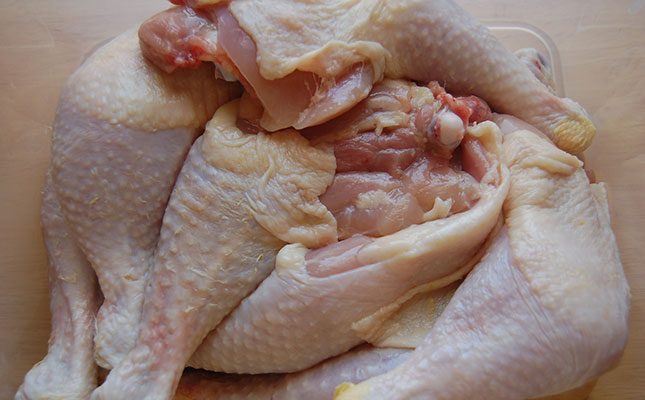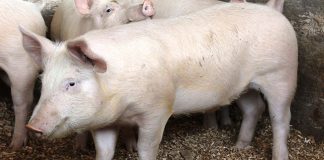
Photo: Flickr | snowpea&bokchoi
Paul Matthew, AMIE CEO, said in a statement: “To address the poultry shortages caused by the bird flu outbreak, the local poultry industry has imported 83 million fertilised eggs. Given the fact that they have been imported on an urgent basis, they are coming in at three times the price of a locally grown day-old chick.”
He said the cost would inevitably result in price increases, which would be passed onto consumers out of necessity.
“These price increases have not yet made it onto the shelves, as they affect poultry not yet on the market. However, we expect that this product will enter the market in the first quarter of 2024, with a [significant] price increase.”
According to the Pietermaritzburg Economic Justice and Social Dignity Group’s November Household Affordability Index, the price of a tray of 60 eggs increased by 18% between October and November 2023, and 68% between November 2022 and November 2023.
A 10kg bag of frozen chicken portions increased by 4% from October to November 2023 and 6% year-on-year, while a 2kg of chicken livers increase 5% from October to November 2023 and 23% year-on-year.
Matthew emphasised the need for government intervention to address the situation promptly and to make every possible effort to keep poultry prices manageable, ensuring food security for the nation and affordability, especially for those with limited financial means.
However, the South African Poultry Association’s (SAPA) Broiler Organisation general manager Izaak Breitenbach said there would be no shortages of poultry and no significant price increase.
He said the importing of 100 million fertilised hatchling eggs that will be grown for slaughter has negated the biggest impact on price, as it remains cheaper to import eggs than to import a whole chicken or chicken portions.
Breitenbach said that although these eggs were more expensive than those that were locally produced, the price became diluted into the production cost of the whole bird.
“The industry’s quick action has softened the worst of the outbreak, getting several mitigating solutions in place to ease the impact on farmers and consumers. The industry has extended the age of non-affected flocks by an additional two to three weeks, which will result in additional egg hatching production. The industry has started including the hatching of second grade eggs. Producers are importing 83 million broiler hatching eggs to replenish flocks and the first batch arrived earlier in October. Strategic reserves of frozen poultry stocks carried over from the recent winter (when there was a lower demand for chicken) will afford the industry an opportunity to alleviate any chicken shortages over the festive season.
“After the December peak, demand drops off and the poultry industry expects a balance between supply and demand from then on. Forecasted import volumes for the next three months look stable and increasing, which will also supplement local supply and help to address any possible shortage. These interventions are designed to circumvent any short-term supply shortages. Following its swift action, the industry expects that any shortages this festive season will be minimal. Speculation about huge shortages of chicken this year and into 2024 is therefore not based on the facts and does not take any of these recent developments into account,” Breitenbach said.












